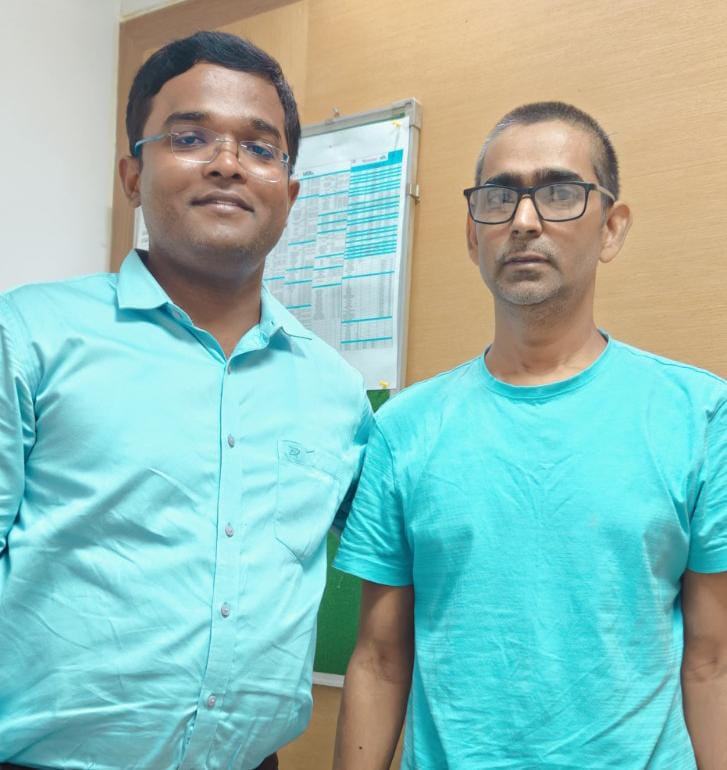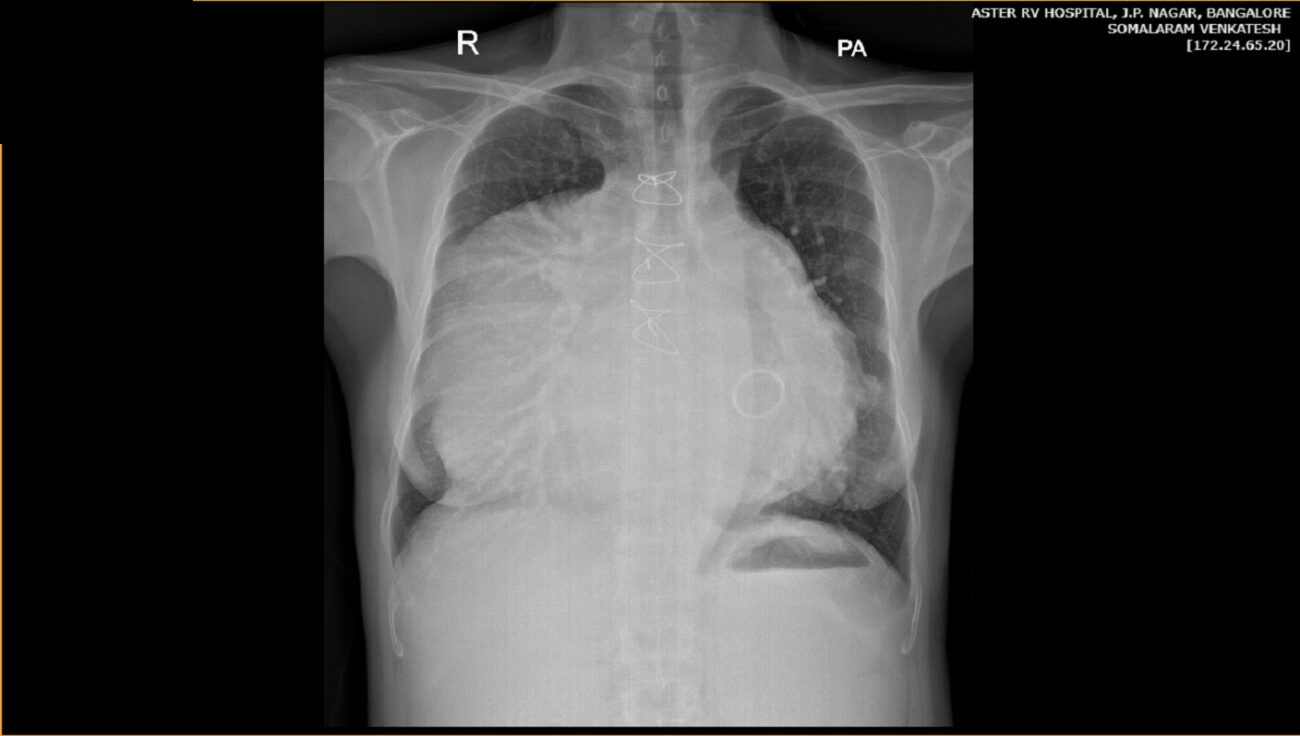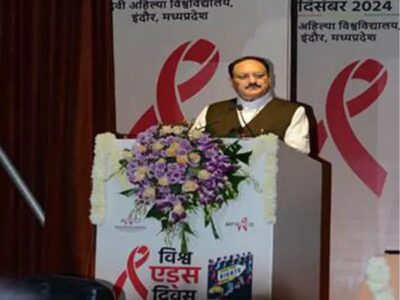41-Year-Old Man Survives A Fatal Widowmaker Heart Attack At Wockhardt Hospitals, Mira Road
~ The patient who underwent angioplasty, post-discharge abruptly discontinued blood thinners without asking the doctor. He presented to the Emergency Department with severe chest pain, profuse sweating, pain radiating to the left arm, and persistent

~ The patient who underwent angioplasty, post-discharge abruptly discontinued blood thinners without asking the doctor. He presented to the Emergency Department with severe chest pain, profuse sweating, pain radiating to the left arm, and persistent vomiting for 30 minutes and was detected with LMCA Cardiogenic Shock Syndrome (Widowmaker Heart Attack)~
~The “LMCA (Left Main Coronary Artery) Cardiogenic Shock Syndrome” is a serious condition with high mortality rates, but prompt and skilled intervention can make all the difference~
Mumbai: A team headed by Dr Anand Ram, a Consultant Interventional Cardiologist, at Wockhardt Hospitals, Mira Road performed a high-risk intervention and saved the life of a 41-year-old man with LMCA Cardiogenic Shock Syndrome (Widowmaker Heart Attack) with 100% stenosis of Left Main Coronary Artery (LMCA).
Three months ago in May 2024, Patient Mr Sanjeev Tripathi, a Mira Road resident working at Goregaon Film City, having a history of smoking, was at home when he experienced severe chest pain. He presented to the Emergency Department of Wockhardt Hospitals, Mira Road with severe chest pain, profuse sweating, pain radiating to the left arm, and persistent vomiting for 30 minutes. His blood pressure readings were 60 mmHg which is less than half the normal individual. The patient’s life was in danger and needed life-saving treatment.
Dr Anand Ram said “This patient’s condition had worsened and his ECG revealed extensive Anterior wall Myocardial Infarction which has the highest mortality. The patient’s condition was diagnosed as LMCA Cardiogenic Shock Syndrome due to 100% In-Stent Restenosis (ISR) of the Left Main Coronary Artery (LMCA) with TIMI 0 flow. The patient was taken to the Cath Lab within 30 minutes of arrival for Angiography to be performed immediately. During Angiography, it was revealed that he had a previous Percutaneous Transluminal Coronary Angioplasty (PTCA) with stenting to the Left Anterior Descending Artery (LAD) 10 years prior. Still, he had stopped taking his medication 4 months ago. The patient needed immediate Angioplasty to save his life. However, his wife couldn’t bear the shock and fainted in the hospital.”
Dr Anand Ram added, “Despite the severity of the lesion, the Angioplasty was completed. The patient was shifted to the ICU after Angioplasty and developed Cardiogenic Shock due to the large area of Myocardial involvement. The “LMCA Cardiogenic Shock Syndrome” described by Quigley et al. is an extremely serious condition in which Acute Myocardial Infarction (AMI) is accompanied by Cardiogenic Shock and severe LMCA stenosis. The mortality rate is 100% with conservative treatment and 89% with PCI and surgery. The “LMCA Cardiogenic Shock Syndrome” is a serious condition with high mortality rates. LMCA is also called a Widowmaker Heart Attack, which occurs when a patient experiences a major blockage at the beginning of the left main artery (LM). This artery is a major pipeline for blood, carrying about 80% of the heart’s blood supply. If blood flow is 100% blocked at this critical location, it can be fatal without emergency care. 4–6% of patients who undergo coronary Arteriography have significant LMCA disease, which is defined as an Angiographic narrowing of more than 50% but 100 % stenosis of LMCA is extremely rare. The patient was discharged after three days of Angioplasty in stable condition. He has been able to return to his ongoing job and daily life routine while having regular follow-ups for the last 3 months. He is free from all the symptoms. However, patients shouldn’t discontinue blood thinners or any medication without the doctor’s permission as doing so can cause blockages, heart attack, and even death. Continuing with the medication is essential for preventing any further emergencies.”
The patient and his family members expressed their gratitude. “We fall short of words to express our feelings. All we want to do is thank Dr Anand Ram and his team for successful treatment and recovery,” concluded Mrs Priyanka Tripathi, wife of the patient.






